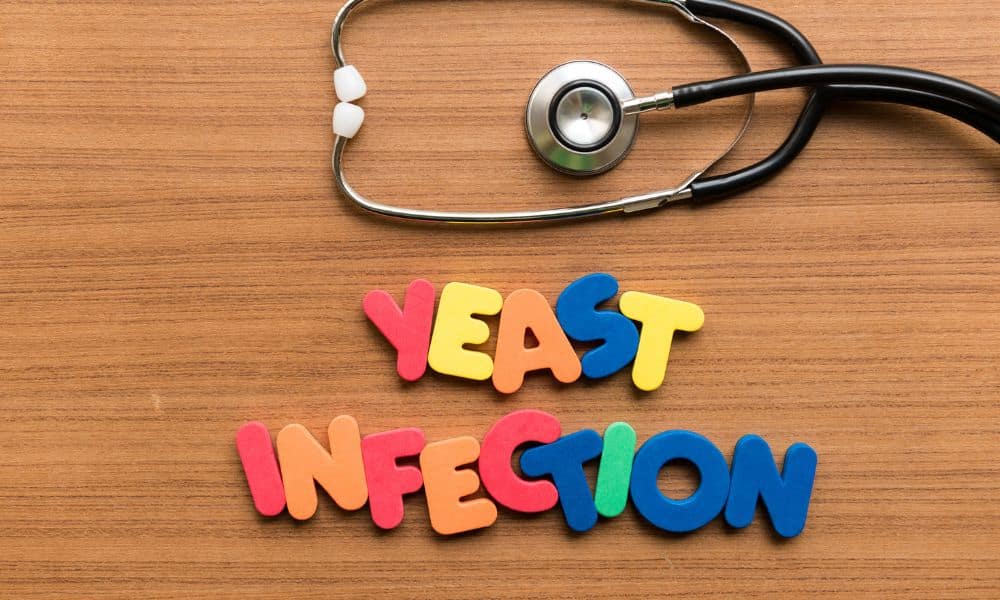Diet and exercise are fundamental aspects of overall well-being, and experiencing sexual health issues can be distressing and impactful on both physical and emotional levels. Common sexual health concerns, such as low libido and erectile dysfunction, can affect individuals of all ages and genders.
While seeking professional guidance is essential for addressing specific sexual health conditions, diet, and exercise can play a significant role as complementary therapies in improving sexual function and overall well-being.
In this article, we will explore common sexual health issues and how diet and exercise can help, emphasizing the importance of seeking professional guidance, open communication with partners about sexual health concerns, and empowering individuals to take charge of their sexual well-being through lifestyle changes.
Addressing Common Sexual Health Concerns, such as Low Libido and Erectile Dysfunction:
Low libido, or a decrease in sexual desire, can occur due to various factors, including stress, hormonal imbalances, and certain medications. Erectile dysfunction (ED) is the inability to achieve or maintain an erection sufficient for sexual intercourse, and it can result from physical or psychological factors. These sexual health issues can significantly impact self-esteem, relationships, and well-being.
How Diet and Exercise Can Serve as Complementary Therapies for Sexual Health Issues:
- Diet: A balanced and nutritious diet can support sexual health by promoting hormone balance, improving blood circulation, and providing essential nutrients. Foods rich in zinc, vitamin E, and omega-3 fatty acids can benefit sexual health. Adopting a Mediterranean-style diet, including fruits, vegetables, whole grains, and healthy fats, has improved sexual function.
- Exercise: Regular physical activity improves cardiovascular health, increases blood flow, and reduces stress, positively impacting sexual function. Engaging in exercises that strengthen the pelvic floor muscles, such as Kegel exercises, can benefit individuals experiencing sexual health issues.
Seeking Professional Guidance for Specific Sexual Health Conditions
While lifestyle changes, including diet and exercise, can contribute to better sexual health, it is crucial to seek professional guidance for specific sexual health conditions. A healthcare provider or a specialist in sexual medicine can provide a comprehensive evaluation, diagnose underlying causes, and offer tailored treatment options for individual needs.
The Importance of Open Communication with Partners About Sexual Health Concerns
Communication with partners about sexual health concerns is vital for maintaining emotional intimacy and fostering a supportive relationship. Discussing sexual health openly can reduce shame or embarrassment and create an environment where both partners can work together to address the issue.
Empowering Individuals to Take Charge of Their Sexual Well-Being Through Lifestyle Changes
Empowering individuals to take charge of their sexual well-being through lifestyle changes, including diet and exercise, can be transformative. By making positive choices and adopting a holistic approach to sexual health, individuals can regain control and actively contribute to improving their sexual function and overall well-being.
Conclusion
Common sexual health issues, such as low libido and erectile dysfunction, can affect individuals physically and emotionally. While seeking professional guidance is essential for addressing specific sexual health conditions, diet, and exercise can serve as valuable complementary therapies in improving sexual function and overall well-being.
A balanced and nutritious diet and regular physical activity can promote hormone balance, improve blood circulation, and reduce stress – all of which positively impact sexual health. Open communication with partners about sexual health concerns fosters emotional intimacy and creates a supportive environment for addressing these issues. Empowering individuals to take charge of their sexual well-being through lifestyle changes encourages proactive steps toward improved sexual function and a higher quality of life.
Remember that each individual’s journey toward sexual well-being is unique and professional guidance, and open communication are essential to this process. With a holistic approach to sexual health and a commitment to positive lifestyle changes, individuals can work towards regaining confidence and satisfaction in their sexual lives.
If you or someone you know is looking to improve your health, share this article on Facebook or Twitter so that others can learn more about self-care.




